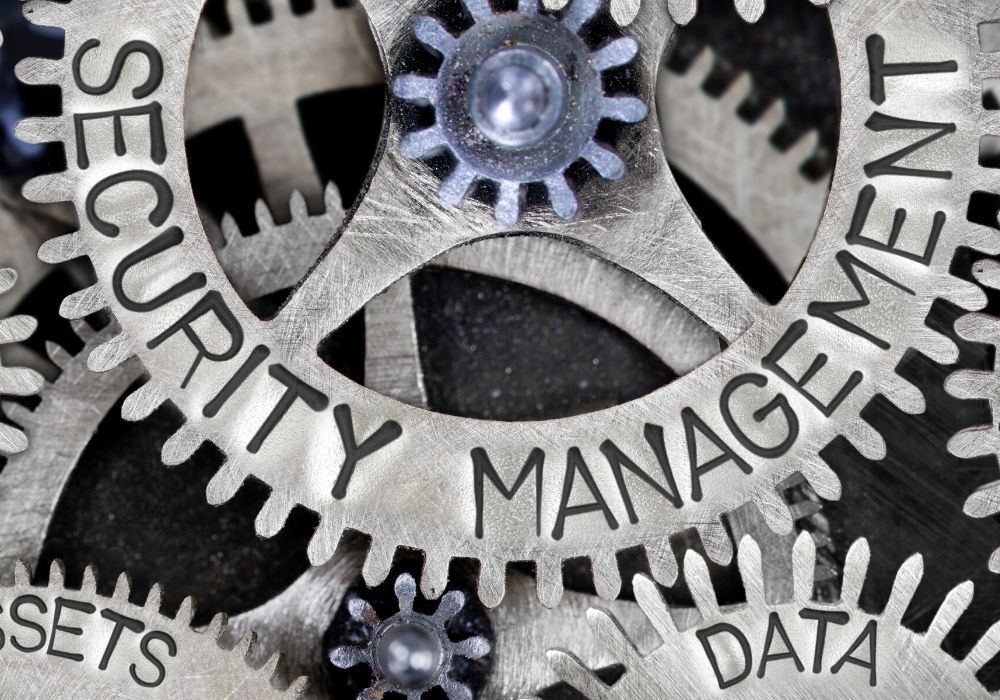Security in the Spotlight: How COVID-19 Has Given the Industry an Opportunity
As the world reels from the effects of the COVID-19 pandemic, one thing has become patently clear. When faced with a new threat, no matter how prepared we are, we can still be caught out. The trick is not to be caught on the backfoot - what has worked in the past will not necessarily work in the future.
We spoke to Dr Gavriel Schneider, CEO and Principal Consultant at Risk2Solution, about how being proactive and agile in response to risk presents an opportunity for the security industry to evolve.
“In Australia, traditionally the way we manage risks and threats is very siloed, which to an extent has hindered innovation. We particularly see a split down safety and security lines. Safety responses handle accidents, emergencies and natural disasters, whilst security responses handle terrorism, access control, security and so on.”
“It’s critically important that we change our mindset, moving away from a single methodology perspective towards multi-faceted solutions that integrate all hazards and risks.”
The security industry has transformed over recent years, increasingly adopting an integrated, solutions-focused approach to system design. However, there are some barriers which Dr Schneider feels still need to be broken down.
“Security licensing needs to be simplified and moved to a national level, which along with a principles-based policy framework for protective security (such as the federal governments PSPF) could be a game-changer. This would allow for market expansion and give end-users access to greater expertise nationally.”
“For years there have been arguments that it would be too complex to achieve. The COVID-19 crisis has shown us that bureaucracy can be overcome to develop complex new policies rapidly, if there is the will. The Jobkeeper payment is a prime example of this.”
The other major obstacle that must be overcome, is changing the end-user mindset.
“Security has traditionally been seen as grudge spend, something organisations are required to have for compliance, rather than something that they actually need. As a result, security operations are sometimes watered down to justify the cost, with tasks allocated which shouldn’t really be security’s responsibility, diminishing its effectiveness.”
Suddenly, COVID-19 has thrown security into the spotlight, proving that it most definitely is an essential service. From screens at the supermarket and on buses, to crowd control, enforcing compliance and managing access control, the responsibility for implementing all of these tasks has fallen on upon security operations.
“Now is the perfect time for the security industry to educate end-users about the role of security in keeping Australia safe. This is an opportunity for firms to manifest a position of the trusted partner who adds value.”
However, when it comes to developing an effective security strategy, technology is only part of the puzzle. The skills and experience that security professionals bring to the table are crucial.
“Once systems, technologies and methodologies are in place, we need people to react. Especially when faced with new and unknown circumstances. A security system can’t react and adapt with complete independence, someone needs to actually think through and evaluate any proposed solution.”
“Which is why we should be future-proofing our people, not just our technology. We should celebrate their skills and push for further professionalisation of the industry, in order to keep evolving, adapting and improving.”
Back to silos, Dr Schneider also believes that professionals within the security and risk sectors are going to have to broaden their skillsets in order to meet the challenges of the future.
“Generally, people tend to specialise in one either risk or security, with it being less common to see professionals skilled in both areas. By understanding how security solutions expand into a broader risk mitigation and management perspective, we are widening how organisations approach risk. This presents a real growth opportunity for the convergence of risk and security and the evolution of a focus on Presilience as opposed to reactive response.”
The old saying ‘expect the unexpected’ has never rung truer than these past few months. Yet whilst the COVID-19 crisis has reminded us that we cannot know the threats of tomorrow, it has also shown us how we can best manage unforeseen risks. The key to success is being ready to act fast and with agility. The security industry has excelled in this respect and this same key also presents an opportunity for growth and evolution.
To read more articles like this or to stay up to date with industry, subscribe to the Security Focus Newsletter and receive monthly updates.
-
Stay up to date with the latest news and Security updates.
- Subscribe

